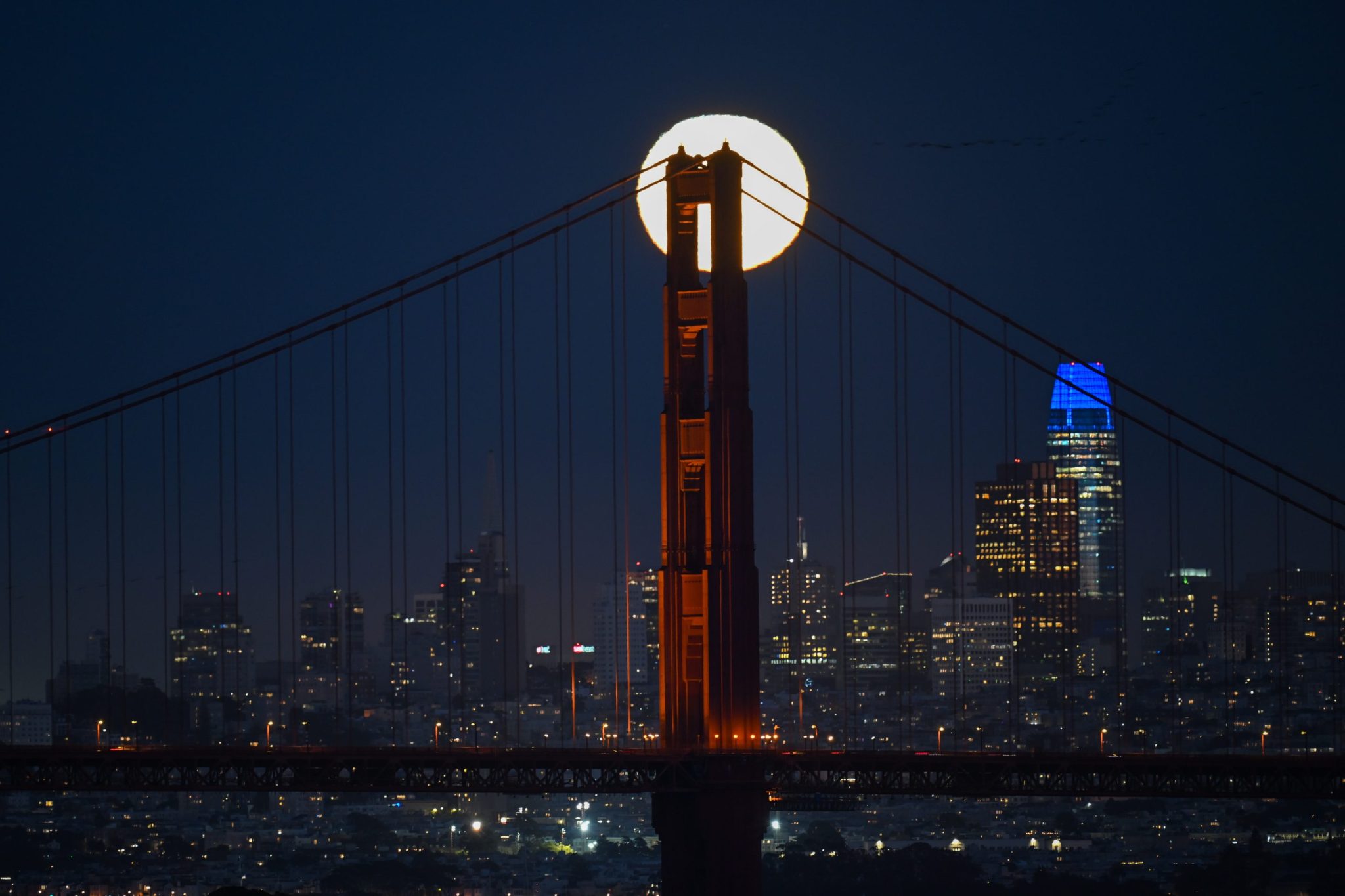
In our perma-crisis era of loud, fast, and chaotic news, it’s hard to feel shocked anymore. But when I read about Salesforce CEO Marc Benioff’s call for President Trump to deploy the National Guard to San Francisco, I was temporarily speechless. For a CEO who has gained so much from the Bay Area, it was a bet against not only the soul of the city, but against the very dynamics that made his success possible.
To be clear, I don’t know exactly what Marc said to prompt The New York Times to describe him as “fully behind” and “avidly” supporting President Trump. I don’t know whether that is limited to Trump deploying the National Guard in certain liberal cities like Portland (already) and San Francisco (not yet). And I don’t know if Marc’s feelings have changed about the important of free and fair markets and a vibrant democracy, both of which are facing unprecedented, historic challenges in Trump’s second term.
But I know that free, fair markets and a vibrant democracy are prerequisites for entrepreneurship and they are the conditions that allowed iconic American companies like Salesforce, Tesla, Amazon, and thousands others to become what they are today. Defending these conditions isn’t a political statement, it’s good fiduciary stewardship for CEOs of big tech companies. Perhaps Benioff was thinking aloud about the money his company will spend on security during Dreamforce (he can afford it!) But his words say a lot about the increasingly narrow, short-term thinking of America’s big tech CEOs, which will ultimately come back to haunt them.
I say this as someone who knows Marc. I’m not in his inner circle, but I got to know him years ago when I sold one of my companies to Salesforce. I knew him then as a shrewd, long-term thinker who understood how to weigh costs and benefits. Yes, Salesforce depends in part on federal contracts, and the Trump administration is known for rewarding loyalty and punishing dissent. From that angle, calling for federal involvement might look like pragmatic self-preservation — a CEO making nice with power to protect his shareholders.
But that narrow lens misses a much bigger picture. I learned a term from Goldman Sachs called “Lookback Risk” — the certainty that a decision that feels “necessary” in the moment will be repriced by history. A short-term hedge becomes a long-term liability once norms and memories reset.
That’s the risk Benioff is taking, along with Elon Musk, Marc Andreessen, and others who are wagering that this administration and its strong-man instincts will outlast the next three years. They’re measuring value in billions, and right now, appeasement feels like a safe way to protect that value.
It isn’t.
The instinct to hedge against uncertainty is a familiar one in business. But when leaders start hedging against democracy itself, they’re trading away the very asset that made their success possible. Markets may reward that in the short term; in the long term, they won’t — and history won’t, either.
Any student of American history knows that our politics have not historically been permanent; rather, they swing like a pendulum. Just look at how incumbent presidents — including President Trump — traditionally do in the midterms. What endures are the soil conditions — the freedoms and institutions that allow creativity and risk-taking to flourish. To his credit, Benioff spent years investing in that soil, giving millions to improve San Francisco’s civic health.
But calling for military deployment against your own city — a measure we expect from Beijing or Moscow, not Market Street — jeopardizes the very ground that built your company. There’s a reason we don’t see thriving entrepreneurship in countries defined by federal overreach: it chokes innovation at the root.
And the timing is especially strange. San Francisco is recovering. According to SFPD’s 2025 CompStat data, violent crime is down roughly 30% this year. Downtown foot traffic is up, new restaurants are opening, and office occupancy is rising. Spend any time walking the streets of San Francisco, rather than watching Fox News coverage, and these statistics are plain to see. By any measure, the city is on its way back. You’re statistically safer walking through SoMa than you are in Speaker Mike Johnson’s Louisiana district.
I’ve lived in the same San Francisco zip code for 28 years. I’ve seen dot-com booms and busts, fires and rebirths. Before my wife and I got married, I made one thing clear: the only way I’m leaving San Francisco is in a box.
What makes this place special isn’t its balance sheets — it’s its belief in openness, creativity, and civic care. Those are the qualities that built the modern tech economy, and they’ll be the ones that save it if our leaders have the courage to remember where their success really came from.
The real lookback risk isn’t crime stats or conference optics. It’s that a man who built a fortune on San Francisco’s openness might one day be remembered for betting against it.
The opinions expressed in Fortune.com commentary pieces are solely the views of their authors and do not necessarily reflect the opinions and beliefs of Fortune.







